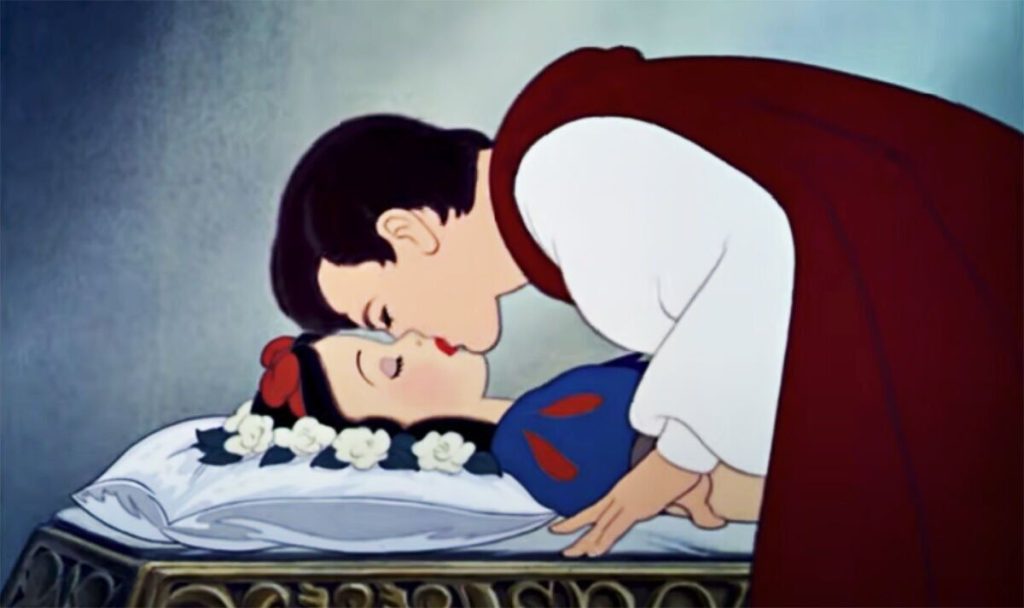
First, it was Roald Dahl, then Ian Fleming’s James Bond and now the latest classic works to be considered for censorship are much-loved fairy tales. Ladybird books have reportedly been using sensitivity readers to reconsider problematic aspects of tales like Snow White and Cinderella. It turns out inclusion experts are advising on potentially offensive content in fictional and educational material based on such well-known stories.
According to The Telegraph, certain aspects in older works have been red-flagged, including the fairy tale trope of falling in love at first sight. Apparently, this is problematic because such swooning is at very attractive straight white princes and princesses, which therefore presents beauty as a privilege over getting to know potential partners through their character. The concern then is that child readers will think that good looks alone are what should make someone desirable.
Meanwhile, falling in love at first sight means that characters’ gender pronouns are assumed too, with sensitivity readers suggesting that gender-neutral language is preferable.
Being physically attractive isn’t the only issue with such fairy tales apparently, given that the protagonists also tend to be high-ranking aristocrats. The worry then is that children would consider that social rank is what makes a person important.
On top of this, such “good” characters are often young, while the villains tend to be ugly old people – usually women – which promotes ageism. Plus, there’s a concern over the racial diversity of princes and princesses who are often portrayed as white with blonde hair and blue eyes. Aside from the characters, fairy tale plots are also under fire from inclusion experts.
READ MORE:Roald Dahl classics will ‘continue to be published’ after woke row
The problematic content highlighted includes the dependency of fairy tale princesses on their princes as damsels in distress who lack proper agency. Another plot issue reported is the desire of characters like Cinderella and the Beast to be transformed into attractive royalty. The worry then is that kids are taught they cannot be happy by just being themselves.
As for why Ladybird is reviewing such texts, several experts told the outlet that children unlike adults need to be protected from reading harmful content at such a young age. Otherwise, the stories could have a negative influence by teaching kids “to privilege certain values or appearances”.

 Latest Breaking News Online News Portal
Latest Breaking News Online News Portal




